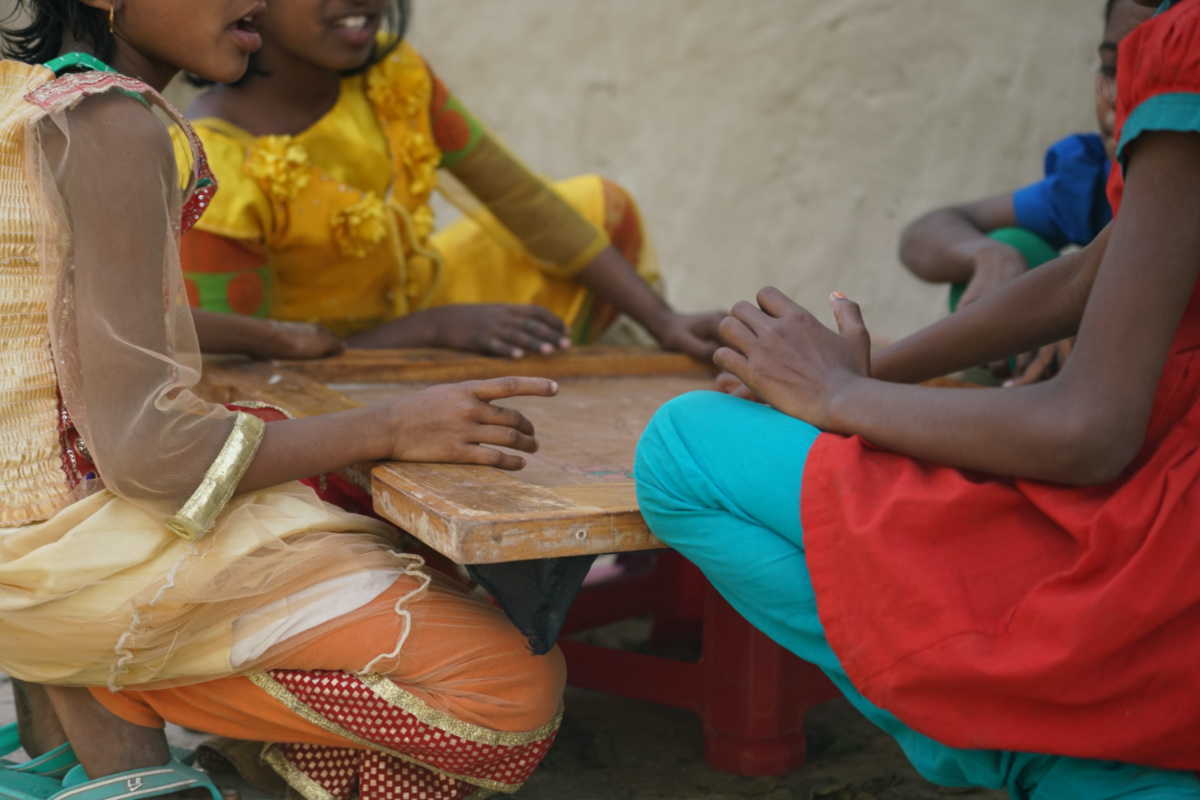Children living in the world’s developing nations are facing long-term impacts from the coronavirus pandemic which include negative emotional and psychological symptoms and negative impacts to their education, according to a new study.
The Baptist World Aid Australia study looked at the impacts of the pandemic on some 906 children and youth, aged between five and 20-years-old, in six countries in Asia and Africa including Bangladesh, Cambodia, Nepal, Philippines, Sri Lanka, and Uganda.

Children in Bangladesh. PICTURE: Baptist World Aid Australia.
It found that children and young people reported increases in feelings of boredom, sadness, fear and anxiety as a result of the coronavirus pandemic.
Meanwhile, while almost all of the children reported that their school had closed during the pandemic, only a minority of students – from five per cent in Cambodia through to 29 per cent in Bangladesh – had been able to adopt an alternative support mechanism for education.
The study, which was conducted through various partners of Baptist World Aid Australia, also found that the children had heightened concerns over food security due to family income losses.
“The evidence we gathered from this study provides clear examples of how COVID-19 is affecting the most vulnerable group in any humanitarian context: children and youth,” said Mukunda Adhikari, co-author of the study who works at Baptist World Aid.
The study also looked at how local NGOs were adapting projects to address the impacts of the pandemic. It found they were engaging in a number of activities to do so including training staff and volunteers on providing mental health and psychosocial support for children, using storytelling approaches to explain COVID-19 to children, initiating Google classrooms and developing and sharing self-learning approaches and materials for school children, and using digital media/mobile phones to communicate messages around hygiene.
The NGOs were also involved in supporting caregivers to access alternative incomes, in offering vocational training to youths for alternative livelihoods, in strengthening local civil society groups by working with child protection committees and increasing the focus on child protection and gender-based violence and in strengthening the reach and quality of support to young people and their families by encouraging local groups to adopt digital communication in place of in-person meetings and moving from larger to smaller groups for peer support.
“Children are holders of rights, and we believe they have a legitimate claim to participate in their own development,” said co-author Rebekah Colchrane. “We therefore encourage a child rights approach to community development because it enables children and youth to participate in change to their communities.”
Adhikari said the study demonstrated “how local country partners have been and continue to be proactive in adapting their programs to address the challenges and setbacks COVID has brought about”.
“Children are vulnerable in this crisis but through adaptive programs with our Christian partners they can pursue ongoing sustainable development.”
The co-authors presented the results of the study at the Research for Development Impact Conference, co-hosted at the University of Queensland earlier this month.





